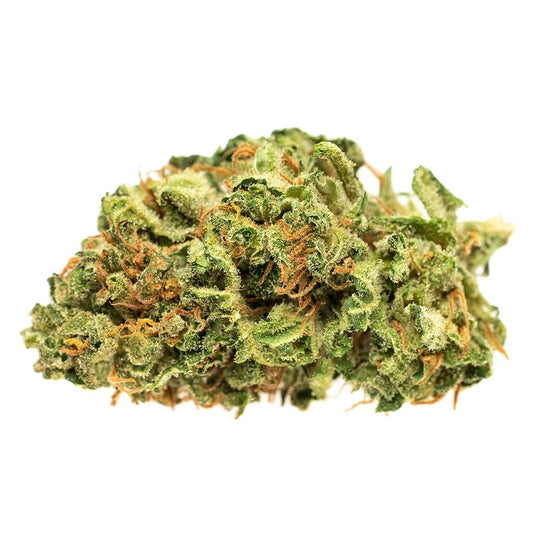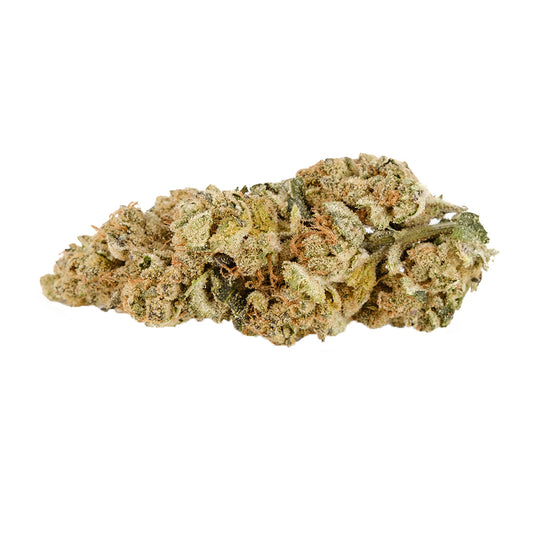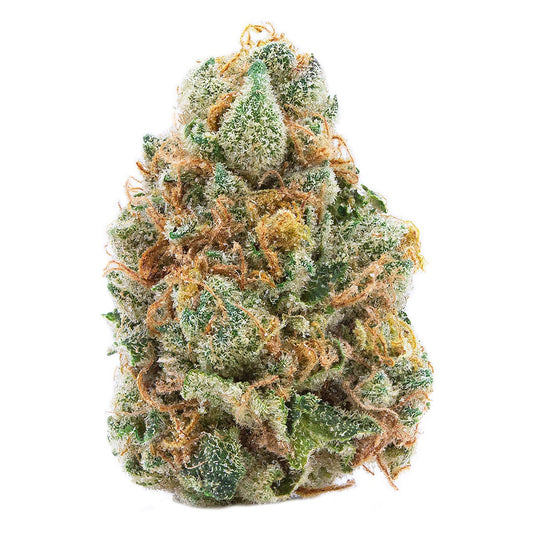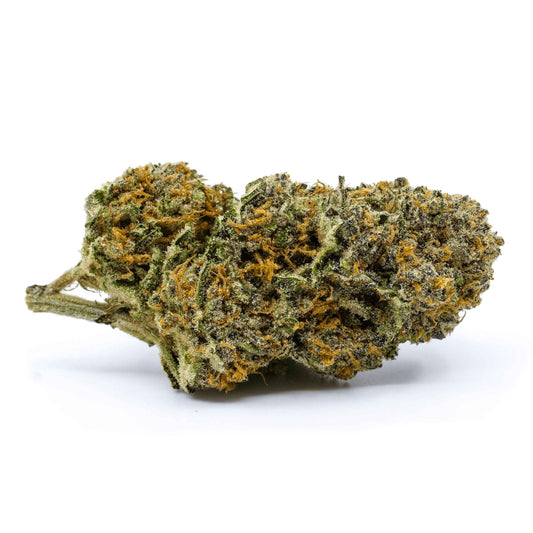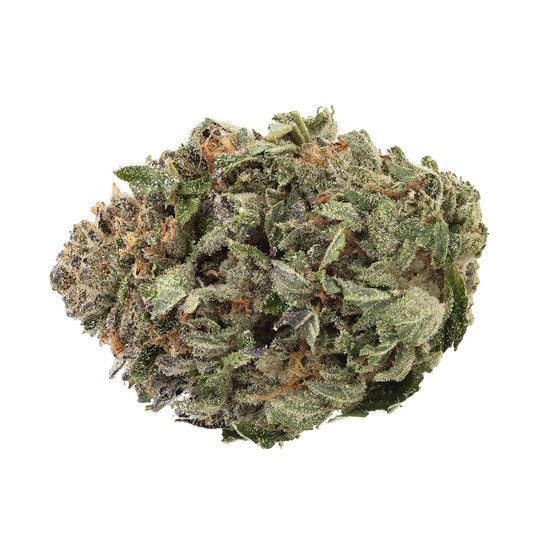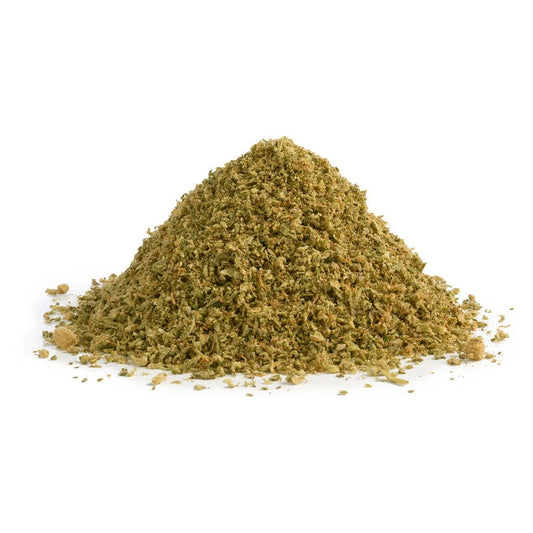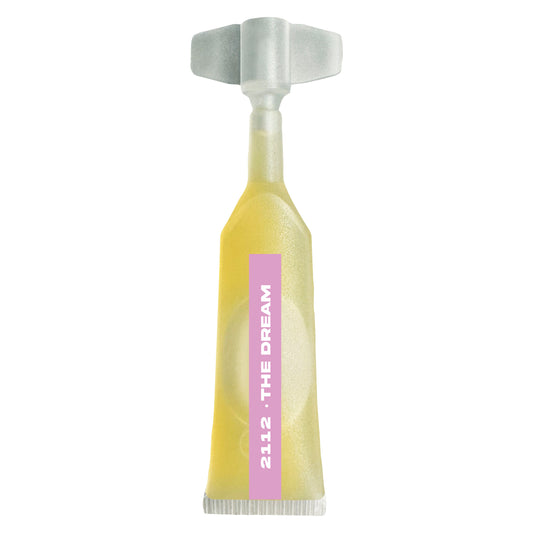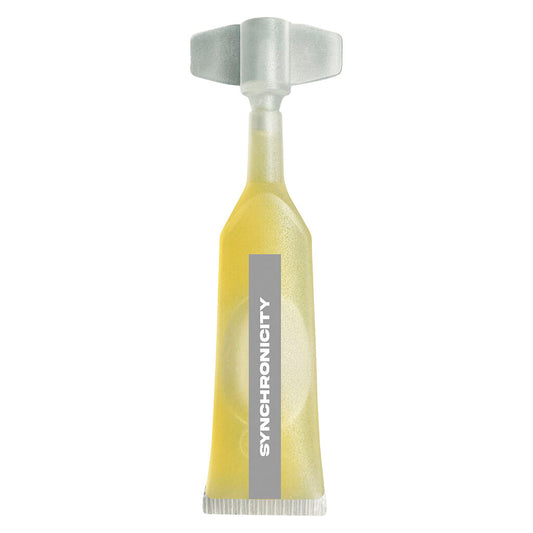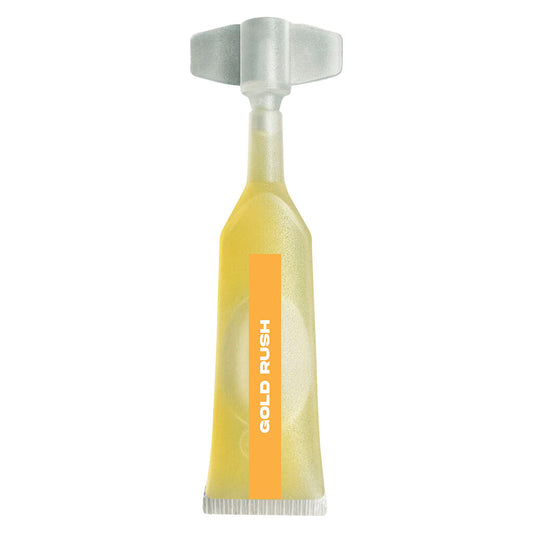Canada's cannabis industry has emerged as a global leader, particularly in exporting medical marijuana. Despite facing challenges in its domestic market due to saturation, Canada has capitalized on its early entry into the industry to become a major exporter, with over 54,000 kilograms shipped abroad in 2022. However, its reputation for fair trade is now under scrutiny in one of its key export markets.
Israel's Economy Ministry recently initiated a formal investigation into allegations that Canada is engaging in "dumping" practices by flooding the Israeli market with cheap cannabis, thereby damaging the local industry. Preliminary findings from the country's commissioner for trade levies indicated a clear connection between Canadian imports and harm to Israeli producers.
Local companies in Israel have reported closures and reduced demand for domestically grown cannabis, attributing this to the influx of cheaper Canadian imports. Some businesses have even shifted focus entirely to selling imported marijuana, citing lower capital requirements and financial risks compared to local cultivation.
The dispute revolves around claims that Canadian companies sell medical marijuana at higher prices domestically (around $5 per gram) but significantly lower prices in Israel (around $3 per gram), suggesting a deliberate strategy to saturate the market. This practice, known as dumping, has prompted concerns about fair competition and market manipulation.
The investigation could result in the imposition of import duties on Canadian cannabis exports to Israel, aiming to restore balance and protect local producers. Ten Canadian companies, including industry giants like Organigram Holdings, Canopy Growth, and Cronos Group, have been requested to provide information about their operations and pricing practices.
The probe comes amid longstanding grievances in Israel about the challenges faced by domestic startups competing against established global cannabis firms. Israel, known for its high per capita usage of medical cannabis, initially permitted imports in 2020 to address supply shortages during the COVID-19 pandemic. Since then, imports have surged, with Canada emerging as a primary supplier.
While the Israeli government initially allowed imports as a temporary measure, the continued influx of foreign cannabis has sparked criticism from local producers. Calls to ban imports and support local entrepreneurs have intensified, with some labeling the situation as detrimental to the domestic industry's survival.
Critics have also pointed out the irony of Canada exporting cannabis to Israel while keeping its own market closed to foreign exports. Health Canada's restrictions only permit imports of starting materials or small quantities of cannabis for research purposes, leading to calls for reciprocity in trade policies.
The ongoing dispute underscores the complexities of international trade in the cannabis industry and the importance of balancing market interests with regulatory oversight. Protecting domestic industries while fostering fair competition remains a key challenge for both Canada and Israel as they navigate the evolving landscape of medical marijuana trade.
[Source: Toronto Star]















